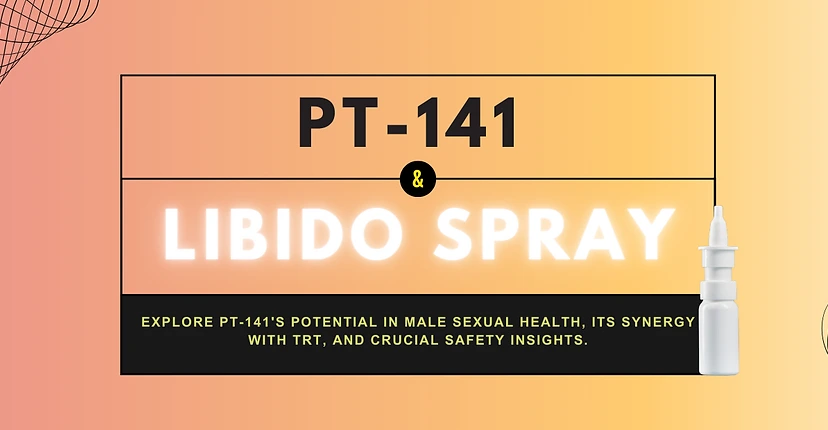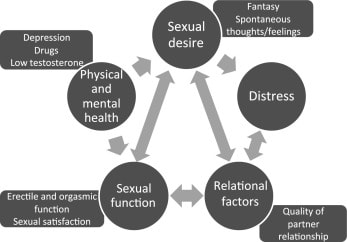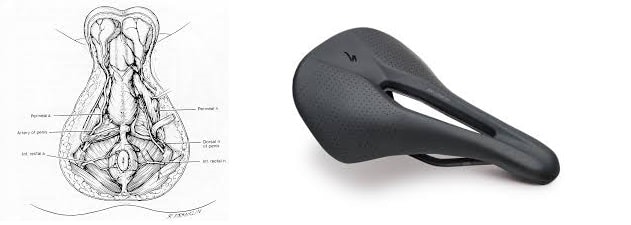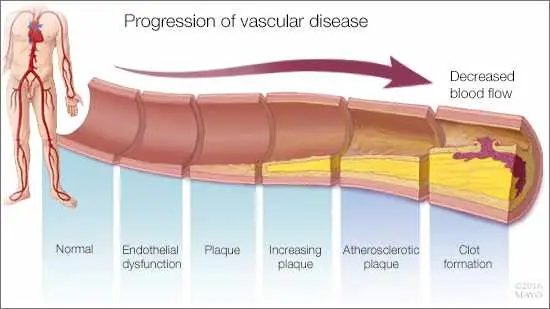
He has long emphasized the importance of maintaining healthy circulation to ensure optimal sexual function, a perspective he refers to as the vascular model of erectile dysfunction. This model highlights the critical role of blood flow in achieving and sustaining erections, which is essential for a satisfying sex life. Bremelanotide, however, offers a different approach by targeting sexual desire through neurochemical pathways. This presents an intriguing complementary pathway to improve male sexual health, especially for those experiencing decreased sexual desire and lack of sexual interest.

The exploration of Bremelanotide for men is particularly promising for those dealing with acquired or situational forms of MHSDD. While traditional erectile dysfunction medications focus on performance, Bremelanotide directly addresses the psychological and neurochemical aspects of sexual desire. This distinction makes it a valuable addition to the range of treatment options available for men seeking to enhance their sexual functioning and overall sexual health. By increasing sexual desire and addressing desire disorders, Bremelanotide could significantly improve the quality of life for men experiencing low libido and related sexual problems.


Modern bifurcated, cloven bicycle seats are designed to avoid pressure on the perineum, helping protect blood flow to the penis. This aligns with his broader vascular model of erectile dysfunction, which underscores the importance of healthy circulation to maintain sexual function and enhance sexual performance.


Lifelong/generalized: The individual has never experienced sexual desire.
Acquired/generalized: Sexual desire was previously present but has since diminished.
Acquired/situational: Sexual desire has decreased for a specific partner but may still exist for others or for self-stimulation.
Off-Label Use of Bremelanotide for Men
Bremelanotide works by targeting the neurochemical pathways associated with sexual desire, offering a novel treatment approach for men with low sexual desire. By focusing on the psychological and neurochemical aspects of sexual functioning, it provides an alternative to traditional erectile dysfunction medications, which primarily address performance issues. This dual approach can significantly enhance sexual health and improve the quality of life for men facing sexual problems, low libido, and decreased sexual desire. As more clinics, like Regeneris Elite Men’s Health Clinic, consider offering Bremelanotide, it could become a valuable addition to the treatment options for male sexual dysfunction.
At Regeneris Elite Men’s Health Clinic, we aim to be one of the providers offering Bremelanotide as a treatment option for men. Given its FDA approval for women and the minimal physiological differences between men and women generally — outside of sexual organs, and some mild overlap regarding sexual desire mechanisms — we are extrapolating its use for men. While causes of MHSDD may differ, Bremelanotide’s neurochemical action presents a potentially valuable, complementary approach to vascular-oriented treatments like PDE-5 inhibitors (Viagra, Cialis).
Side Effects and Accessibility
While Bremelanotide has shown a reasonable safety profile, nausea remains a significant side effect. Many women have reported needing anti-nausea medications to handle this discomfort. For men considering Bremelanotide, it’s essential to be aware of this potential side effect. The cost of Bremelanotide is notably high, priced at $250 per injection. However, there may be opportunities for men to obtain it at a reduced cost through compounding pharmacies. Since Bremelanotide’s patent covers its specific use rather than the peptide itself, these pharmacies might provide more affordable alternatives.
The Bigger Picture of Male Sexual Health
At Regeneris Elite Men’s Health Clinic, we advocate for a comprehensive treatment plan for male sexual health that incorporates both physical and emotional aspects. Bremelanotide is an exciting new tool in this broader approach, potentially helping men restore sexual desire while also focusing on vascular health and emotional well-being. By integrating treatments that address both the neurochemical and psychological aspects of sexual functioning, men can achieve a more satisfying and fulfilling sex life.

Peak Masculinity
Starts Here

By Dr. Ryan Welter
August 15, 2025




